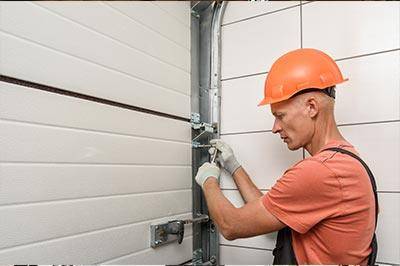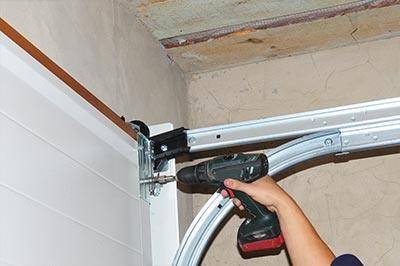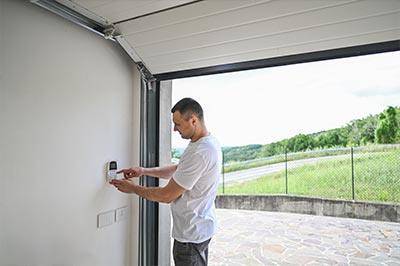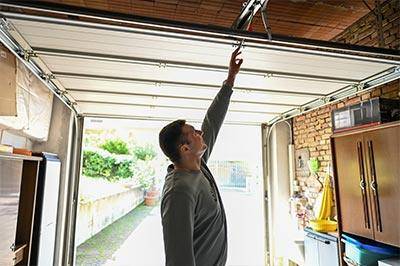


Noisy Garage Door Repair in California: Causes and
Solutions
A noisy garage door is more than just an annoyance—it can be a sign of underlying mechanical issues that, if ignored, could lead to costly repairs. In California, where humidity and coastal weather conditions can accelerate wear and tear, a loud garage door should never be overlooked. Understanding the causes of the noise and finding the right solutions can save you from future headaches.






If your garage door is excessively loud, try these simple fixes before calling a professional:
While some noisy garage door issues can be fixed with simple maintenance, others require expert attention. Here’s when you should call a professional:
Broken Springs: Handling torsion springs on your own can be dangerous.
Damaged Tracks: Bent or misaligned tracks need professional adjustment.
Persistent Noise After Maintenance: If lubrication and tightening hardware don’t solve the problem, a deeper issue may be at play.
Finding the Right Garage Door Repair Service in California
For reliable and efficient noisy garage door repair in California, look for:
Local Experience: Companies familiar with Florida’s weather conditionsprovide better service.
Licensed and Insured Technicians: This ensures quality work and protection in case of accidents.
Good Customer Reviews: Check online testimonials for customer satisfaction.
A noisy garage door is not just irritating—it can indicate serious mechanical issues.
Addressing the problem early will save you from expensive repairs and potential
safety hazards. If your garage door is making excessive noise, take action today!
A noisy garage door can be caused by worn-out rollers, loose hardware, lack of lubrication, misaligned tracks, or damaged springs. Identifying the source of the noise is key to fixing the problem.
Regular lubrication of moving parts, tightening loose bolts, replacing worn-out rollers, and ensuring proper track alignment can help reduce noise. If the issue persists, professional maintenance may be needed.
Yes, excessive noise can indicate underlying issues such as failing springs, misaligned tracks, or motor problems. Ignoring the noise could lead to costly repairs or even a complete system failure.
If lubrication and basic maintenance don’t resolve the issue, or if you hear grinding, screeching, or banging sounds, it’s best to call a professional to prevent further damage or potential safety risks.





Our goal is to give you services that are fast, effective, and affordable, and that go above and beyond what you expect.